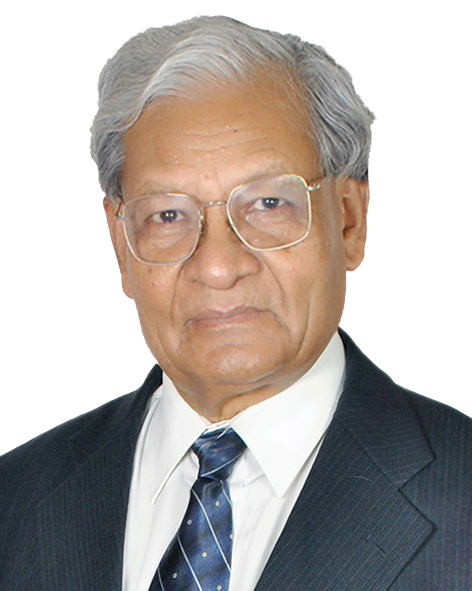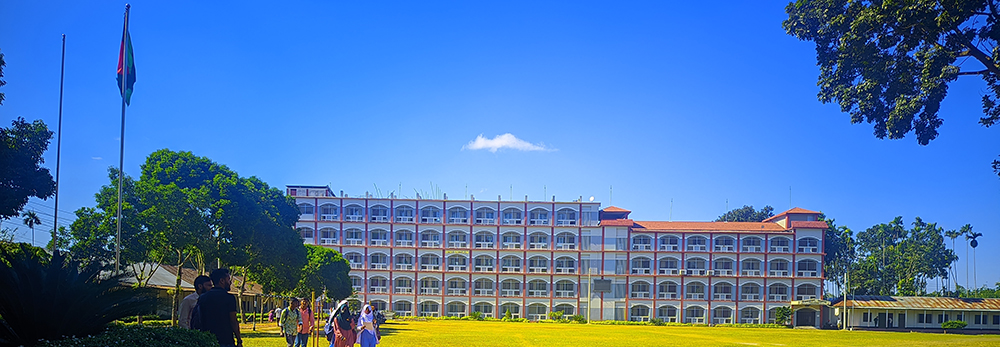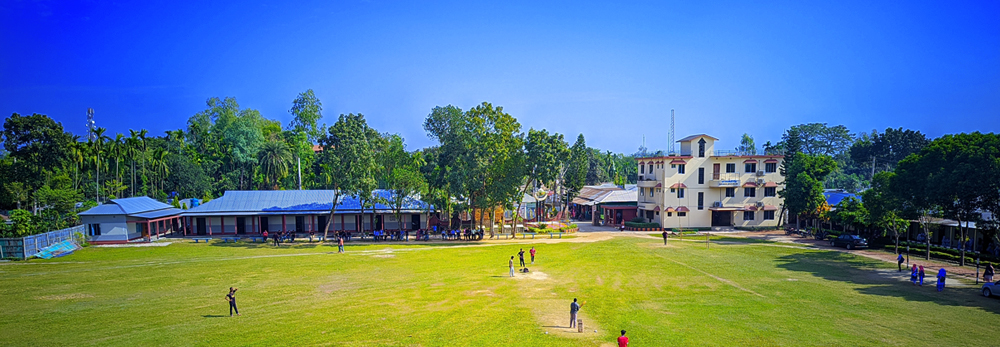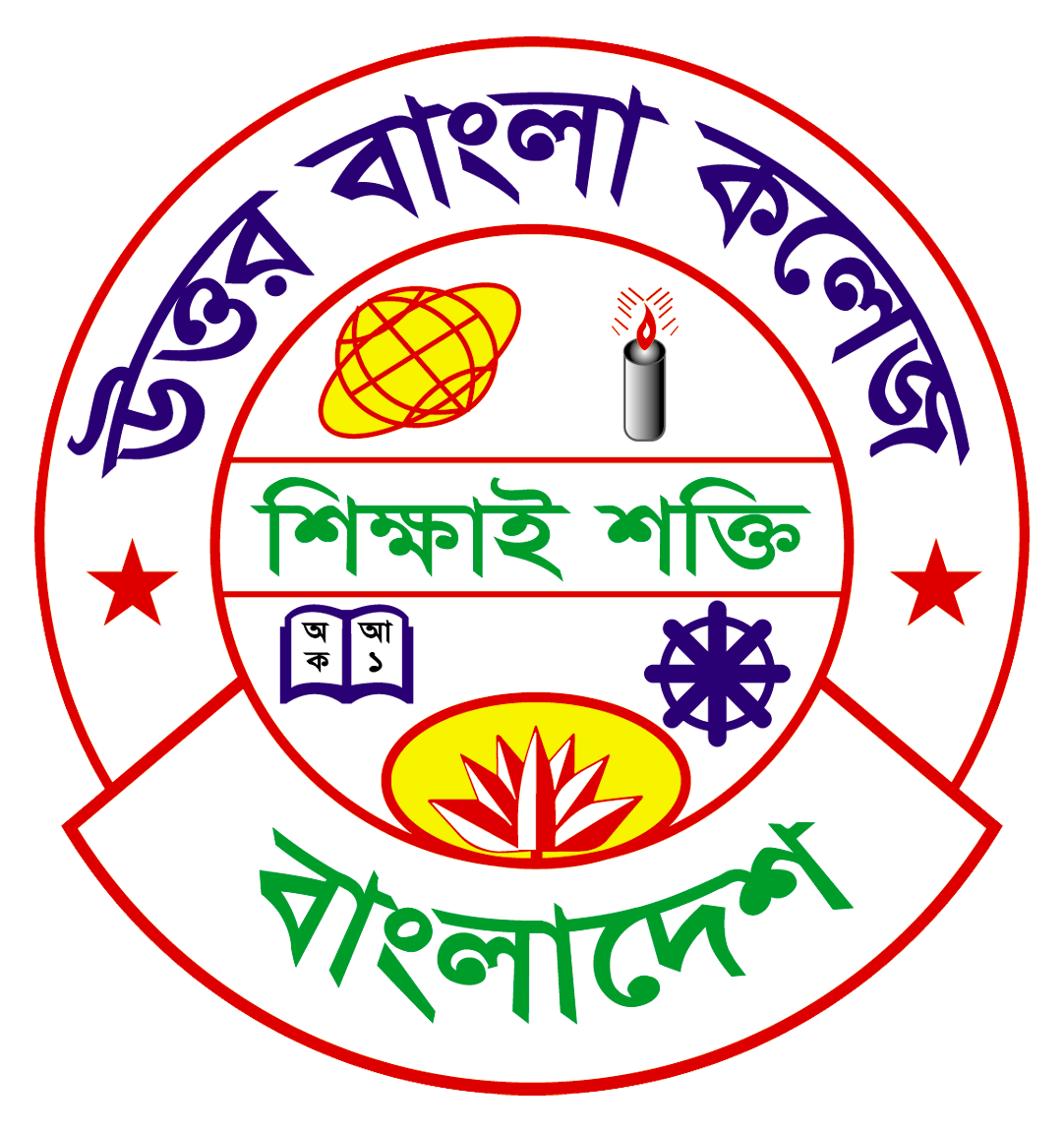Founder

A brief Profile of Dr Mozammel Huq
A graduate of the Universities of Rajshahi (BA Hons., MA in Economics) and Glasgow (MLitt, PhD), Dr Huq’s career includes extensive teaching (especially in Bangladesh and the UK), and wide-ranging research on Third World development, in which his first-hand knowledge of the development experience of a large number of countries of Asia and Africa has proved invaluable.
A development economist by profession, he has taught for over 40 years at the University of Strathclyde and part-time for several years at the University of Glasgow. His teaching career also includes the position of Professor of Economics at Sylhet Government M C College, just before joining Glasgow University in 1968 for his MLitt research study, on a Merit Scholarship from the Government of Pakistan. A number of short teaching assignments followed: in Ghana (University of Cape Coast), Nigeria (University of Nigeria), Tanzania (Institute of Finance Management), Pakistan (Government College University Lahore), Nepal (Nepal Academy of Science and Technology) and India (Raiganj University). Besides his various teaching responsibilities, he served as a UN Consultant (late 1980s and early 1990s) at Bangladesh Institute of Development Studies (Dhaka), where he directed a major research project on Technology Transfer and Evaluation, closely surveying three industry sectors of Bangladesh: leather, fertilizer and machinery manufacturing. He has also served as a consultant to several national and international organisations including the Bangladesh Planning Commission, Commonwealth Secretariat, DFID, EU and ILO.
He is the author of several books including The Economy of Ghana: 50 Years of Economic Development (Palgrave Macmillan, London, 2018, 2nd edition, with M Tribe as Associate author); The Universal Social Safety-Net and the Attack on World Poverty (Routledge, London 2014, co-author A Clunies-Ross); Development Economics (McGraw-Hill, London, 2009, Co-authors A Clunies-Ross and D Forsyth); The Economy of Ghana: The First 25 Years since Independence (Macmillan, London, 1989); Three books on industry studies focusing on technology issues published in the early 1990s (University Press Ltd, Dhaka); and several edited volumes including Science, Technology and Development: North-South Cooperation (Frank Cass, London, 1991); Strategies for Industrialisation: The Case of Bangladesh (UPL, Dhaka, 2000); Technology and Development in the New Millennium (Karachi University Press, Karachi) and Building Technological Capability: Issues and Prospects (UPL, Dhaka, 2003). Other works have also appeared in journals such as World Development, Journal of International Development, Bangladesh Development Studies, Science Technology and Development, Bangladesh Journal of Agricultural Economics and Pakistan Development Review.
Dr Huq also feels privileged for the opportunity he had to play a leading role in the formation of the Bangladesh Scotland Action Committee, established in Glasgow on 27 March 1971 (just two days after the Pakistan Military Government launched the army crackdown on unarmed civilians in Dhaka on 25 March 1971).
Based in Glasgow, he has been actively involved in the community welfare in general and the Bangladeshi community development in particular, serving in various capacities including as the founder President of Bangladesh Students Union Glasgow (formed in 1971), President of Bangladesh Association Scotland, President of Bangladesh Association Glasgow, and Chairman of Scottish Asian Action Committee.
In recent years, Dr Huq has been closely involved with Bangladesh in both charity work and academic teaching and research. Along with a number of dedicated volunteers, he helped to establish Uttar Bangla College (UBC) in 1994 which has now emerged as a leading educational institution in Lalmonirhat district and also as the best non-Government College in Rangpur Division. Also, in his capacity as Chairman of Charity Education International (a Glasgow-based UK-registered charity) and actively working with a number of dedicated Volunteers in Scotland, for many years he has been supporting the development of Uttar Bangla College in general and, in particular, the development of the UBC Library, the Scottish Volunteer Teaching Programme at UBC, and the collaborative UBC PhD programme with India.
We, at Uttar Bangla College, are proud of Dr Huq’s various achievements. He is the recipient of several awards including the 2015 Glasgow Lord Provost’s Award (by the Glasgow City Council); and the 2016 The Inspiring City Award (by The Herald jointly with the Glasgow Chamber of Commerce.) He is also the recipient of the 2010 Channel S Award for his contributions to community work in Scotland.
Indeed, we feel equally proud of Dr Huq’s active involvement in raising funds for the Bangladesh Liberation War and also for mounting a big publicity campaign in Scotland for the independence of Bangladesh.
*******************



